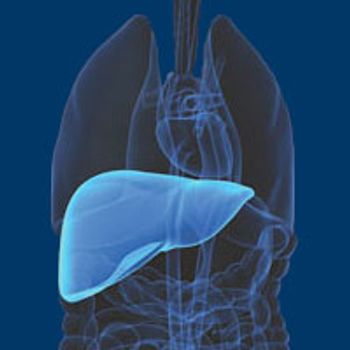
Sorafenib-experienced patients with advanced hepatocellular carcinoma had long-term responses to nivolumab of more than 1 year, according to findings from the CheckMate-040 trial.

Your AI-Trained Oncology Knowledge Connection!


Sorafenib-experienced patients with advanced hepatocellular carcinoma had long-term responses to nivolumab of more than 1 year, according to findings from the CheckMate-040 trial.

Spanish researchers raised a red flag regarding observations of unexpected higher rates of hepatocellular carcinoma recurrence following treatment with direct-acting antivirals for hepatitis C virus infection.

Higher levels of hepatocytes positive for pERK immunostaining and greater microvascular invasion have emerged as independent prognostic factors of recurrence in patients following sorafenib (Nexavar) treatment for hepatocellular carcinoma.

A meta-analysis found that patients were at no elevated risk of developing hepatocellular carcinoma after achieving sustained virologic response following treatment with direct-acting antiviral therapy for hepatitis C compared to interferon therapy.

Neoadjuvant therapy in early breast cancer has evolved during the past 2 decades from use primarily in large inoperable tumors to a standard treatment option for patients with early-stage HER2-positive and triple-negative breast cancer.

Age and the molecular subtype were more closely associated with long-term outcomes compared with the use of either breast-conserving surgery or mastectomy for patients with breast cancer.

Immunotherapy will be most effective as a treatment for breast cancer when it is used to alter the tumor microenvironment, according to a careful examination of studies exploring the immune response presented by Nora Disis, MD.
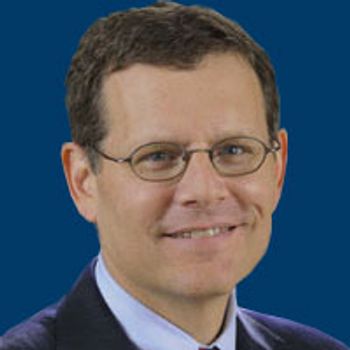
The paucity of patients participating in clinical trials makes data extrapolation and application complex, calling for a need to explore health technology solutions that tap the potential of real-world data.

Genomic studies have made significant advancements in discovering methods to combat resistance to endocrine therapy in patients with hormone receptor (HR)–positive breast cancer over the past few years, according to Ian E. Krop, MD, PhD. Of particular interest are combination therapies blocking multiple driver pathways and resistance mechanisms.
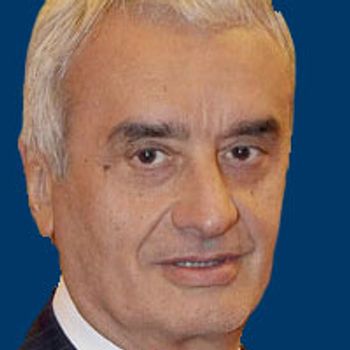
Updated findings from the MONALEESA-2 trial demonstrated that the response to ribociclib (Kisqali) in postmenopausal women with hormone-receptor-positive/HER2-negative advanced or metastatic breast cancer was unaffected by either prior endocrine treatment or prior chemotherapy.

C. Kent Osborne, MD, discusses current strategies for overcoming resistance to HER2-targeting agents in early breast cancer today.

An immunohistochemistry analysis of a large patient population demonstrated that several subtypes of difficult-to-treat sarcomas may respond to treatment with PD-1 pathway inhibiting immunotherapies, according to findings presented at the 2017 European Cancer Congress in Amsterdam.

Ribociclib, an orally bioavailable, selective cyclin-dependent kinase 4/6 inhibitor, demonstrated similar clinical benefits and safety profiles for both elderly and younger patients with hormone-receptor positive, human epidermal growth factor receptor-2 negative advanced breast cancer.

Treatment with the PD-1 inhibitor pembrolizumab significantly prolonged overall survival over investigators’ choice of chemotherapy in patients with recurrent advanced urothelial carcinoma, according to results reported at the 19th European Cancer Congress.

The incidence of hand-foot syndrome was decreased following first-line treatment with S-1 compared to capecitabine in patients with metastatic colorectal cancer, according to findings from the phase III SALTO study that were presented at the 2017 European Cancer Congress.
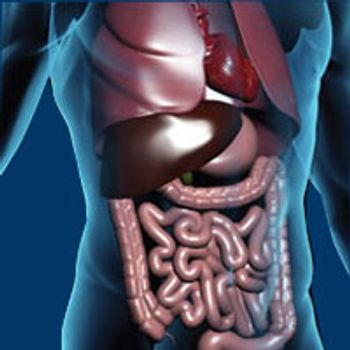
Patients receiving the same diagnosis, colorectal cancer with synchronous peritoneal metastases, were offered different treatments that led to dramatically different outcomes based upon the institution in which they were diagnosed. Findings presented at the 19th European Cancer Congress revealed underutilization of a highly effective treatment, due to a lack of referral.

The combination of TRC105, an endoglin antibody, and pazopanib demonstrated promising antitumor activity in patients with advanced angiosarcoma

Treatment with the PD-1 inhibitor nivolumab showed promising results in patients with recurrent malignant pleural mesothelioma.
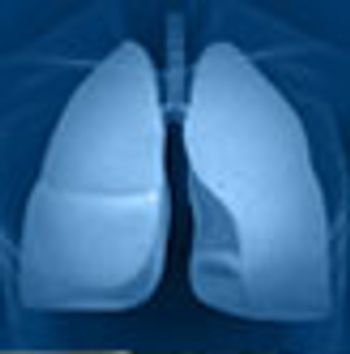
Determination of the PD-L1 status of a patient’s tumor has become increasingly important for informing the clinical decision whether to offer certain immunotherapeutic agents, making standardization of the tests and antibodies used to determine the PD-L1 status necessary to provide accurate and consistent results.

Durvalumab treatment in the second-line setting or beyond demonstrated clinical benefit and led to durable responses in heavily pretreated patients with locally advanced or metastatic non-small cell lung cancer.

Treatment with the PD-L1 inhibitor atezolizumab significantly improved overall survival compared to standard chemotherapy in patients with non–small lung cancer who progressed on platinum-based chemotherapy.

Frontline treatment with ceritinib (Zykadia) improved progression-free survival over standard chemotherapy in patients with ALK-rearranged non–small cell lung cancer.

Treatment with icotinib more than doubled intracranial progression-free survival compared with whole brain irradiation combined with standard chemotherapy.

Findings from an efficacy update of patients participating in a study in the CheckMate series revealed that first-line nivolumab (Opdivo) demonstrated activity in advanced non–small cell lung cancer, and the addition of ipilimumab (Yervoy) resulted in enhanced activity, specifically in prolonged progression-free survival and higher objective response rates.

Treatment with first-line avelumab yielded promising clinical benefit and durable antitumor activity in patients with advanced non–small cell lung cancer.

While treatment with nivolumab (Opdivo) significantly improved overall survival over docetaxel in patients with advanced non–small cell lung cancer in the CheckMate-057 trial, an analysis of deaths occurring within 3 months of initiation of therapy showed numerically more deaths in the nivolumab arm.

A novel HER2-targeting antibody-drug conjugate showed promising antitumor activity across multiple tumor types, including HER2-postive breast cancer.

Co-inhibition of BRAF and MEK pathways with dabrafenib and trametinib continued to be superior to sole BRAF inhibition with vemurafenib in patients with unresectable metastatic melanoma at 3 years.

Cabozantinib plus nivolumab demonstrated promising activity in the second-line setting and beyond at all dose levels tested in patients with advanced/refractory genitourinary cancers.

Early results from a pre-planned interim analysis in the KEYNOTE-052 phase II trial of first-line pembrolizumab in cisplatin-ineligible patients with metastatic urothelial cancer demonstrated antitumor activity and a favorable response rate.